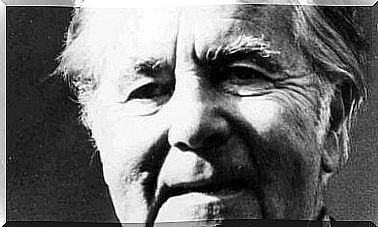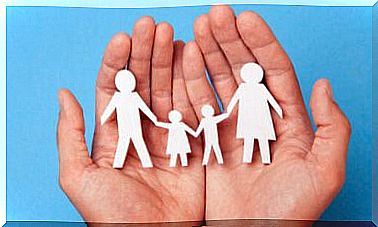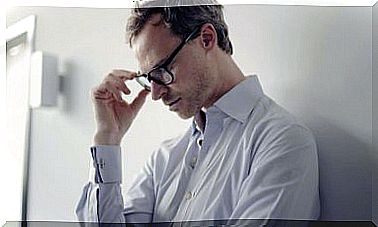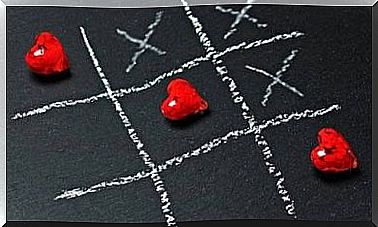Role Theory, What Is Our Role In Society?
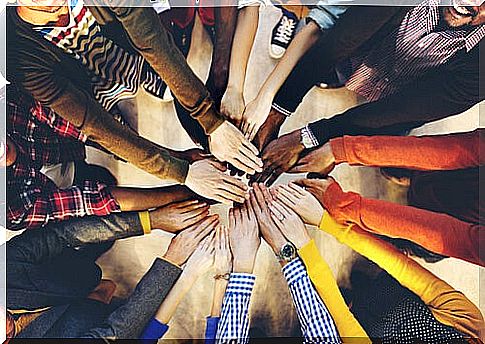
Social roles are defined as the role we exercise within society, that is, they detail and represent what activities or behaviors are expected in a given social environment. Who are the ones who define what tasks correspond to us? Is the ready-made role assigned or do we build it ourselves? We solve these doubts in this article. Enrique Pichón (1985), defines the role as “an organized model of behavior, relative to a certain position of the individual in a network of interaction, linked to his own expectations and those of others” .
The roles are played within any group. We can see the role within a team, for example, the defender or the forward; the base, forward or pivot. Another role within a family, the role of mother, father, brother; or within the job, the role of director, secretary, trainee or assistant. The same person, depending on the context in which he is, can play several roles. That of an intern at work, that of a son in the family or that of a funny one within a group of friends.
The role is constructed and adapted by each one to himself, it may at first be defined by what the other contributors of the group expect from my behavior, but it will be in general lines, since each one will later have to adapt those expectations and demands. to your personal characteristics.
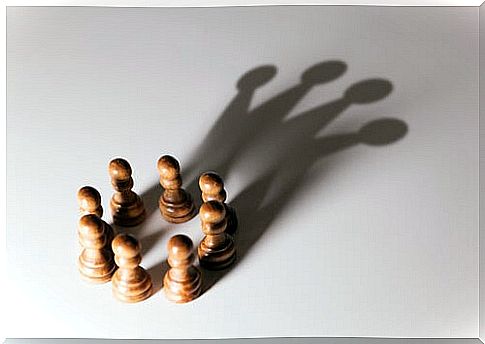
Role-associated stress factors
The problems associated with the role can come from various sources :
- Role ambiguity : in this case, we have to adapt to a role where we don’t really know what to do. Our role is not clear and we do not know what others expect from our behavior or from our contribution to the group.
- Role conflict : in this section we will have two points. On the one hand, conflict within the same role, that is, when the role does not suit me, I cannot adapt to what they ask for. In the same way, it also happens because it exceeds my capabilities, or because it does not suit my ideology, I do not feel comfortable performing these behaviors. The other type will be the conflict between roles, for example, I am assigned two different roles within a group, for example, being a fellow and continuing to study. Or being parents and workers at the same time, which could create stress from not being able to comply with both.
- Awarded roles : these are the problems derived from having to adapt to an already defined role and having little margin to build it ourselves. A good example of this type of stress associated with the role could be gender roles, behaviors already expected by the group for the simple fact of being a man or a woman.
- Role overload : the behaviors expected when taking on a role demand a lot from you. This can exceed the subject’s ability to adapt and cause stress.
- Poor roles : this problem happens the opposite of the previous point, when the subject believes that he can give much more of himself but his role does not allow it.
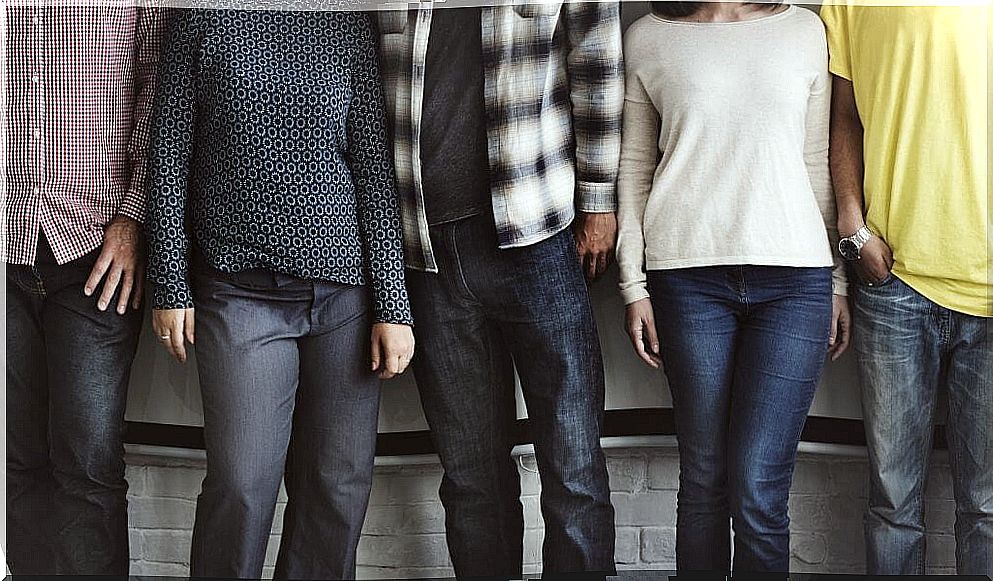
Build the role
Our role in society or in the group is dynamic and evolving. In many cases in this transformation it is we, as the main actors, who have a greater responsibility in its course. In this sense, problems often appear when we behave like a ship adrift. When we try to adopt a role that exceeds the limits of our flexibility or when we want to introduce too rapid and radical changes in our functions, we can feel a great discomfort.
Ultimately, the role of each should be unique and non-transferable. There may be “positions” to which we adapt when we enter a new group, but based on some general lines and behaviors, it is the role that must accommodate us and not the other way around, as happens in so many cases. On many occasions, we end up confusing certain roles with ourselves. For example, when we say “I am the mayor” we are believing the role. Perhaps it would be more correct to say, “I am serving as mayor.”
When we believe our role
Although it seems an unimportant nuance, when we believe ourselves according to what roles, we are erring in our identification. In the same way that today I can be the director of a school, tomorrow I may not be. Thus, there are roles that are usually more temporary than others. Hence, on many occasions, political conflicts come, when those who form a party refuse to release their positions: “I am president”, “I am a councilor”, “I am a minister” . When in reality, they are only exercising as such.
Building the role requires time and above all, intelligence. That is why it is important to know how to develop a role and know how to carry it. Each role requires a certain dedication and we can take advantage of each of them. When our role runs out at a certain point, it is best to assume it. If we know how to play our cards, we can make it a great learning opportunity. After all, the role is the opportunity to show the world what we are capable of contributing.

